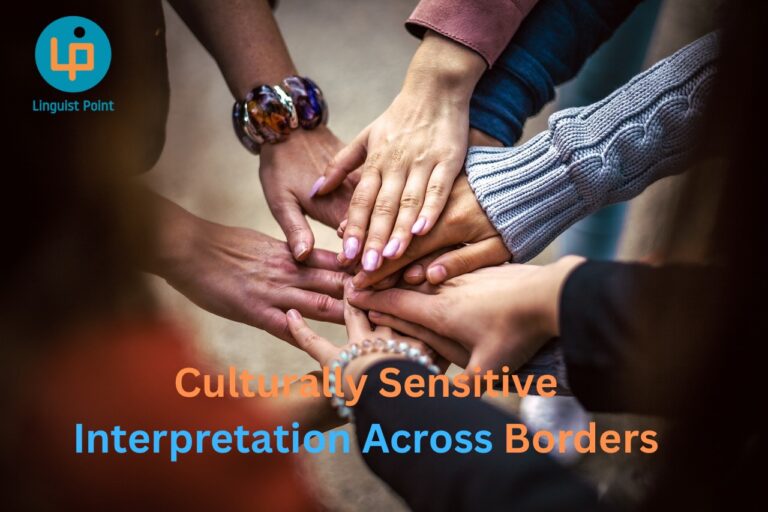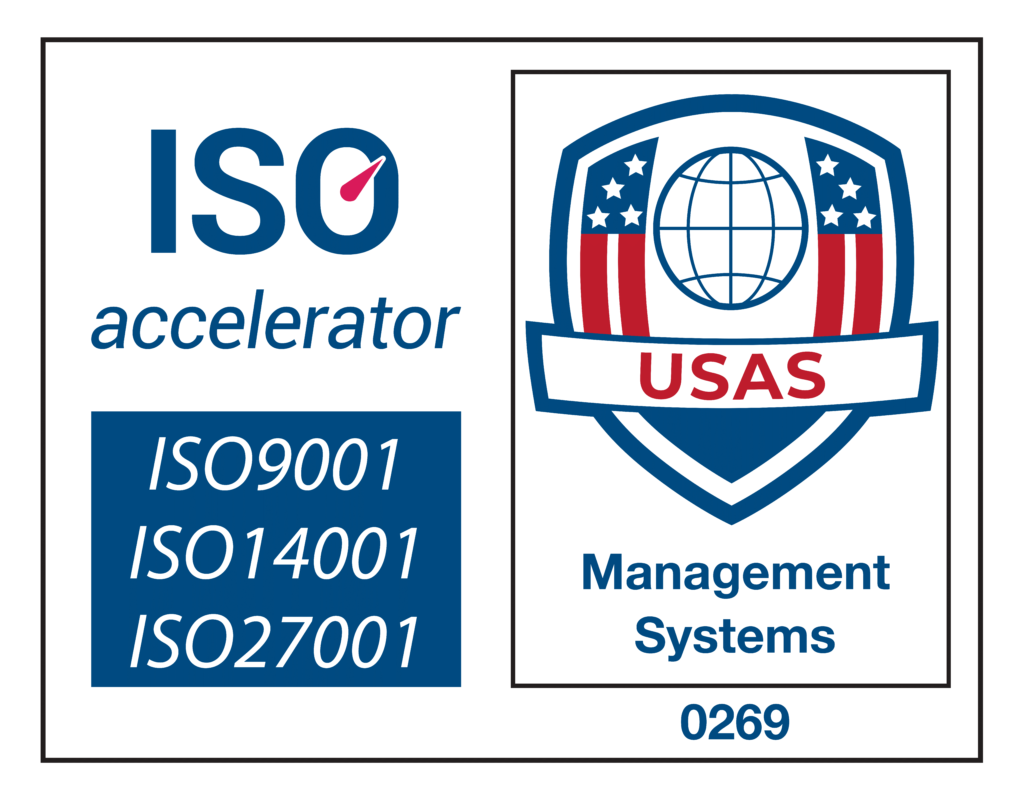The Role of Certified Interpreters in Social Services
In social services, clear and accurate communication by certified interpreters is vital for building trust and ensuring effective support. However, language barriers often pose significant challenges. Certified interpreters play a pivotal role in bridging these gaps, by providing culturally sensitive and accurate language interpretation that enhances client outcomes.
This article explores why face to face interpreters are essential in social services and how their expertise supports effective communication in sensitive scenarios.
Why Certification Matters
Ensuring Accuracy
Certified interpreters undergo rigorous training to develop the skills necessary for high-stakes communication. Whether interpreting for vulnerable individuals or mediating complex situations, their expertise ensures messages are conveyed accurately and without bias.
Upholding Professional Standards
Certification guarantees adherence to professional standards, including confidentiality, impartiality, and ethical practices. These qualities are indispensable in social services, where trust and sensitivity are paramount.
Bridging Language and Cultural Gaps
Certified interpreters are trained in cultural competence, enabling them to navigate cultural nuances that may impact communication. This skill fosters understanding and respect between clients and social workers.
The Challenges of Language Barriers in Social Services
Miscommunication
Inaccurate interpretation can lead to misunderstandings, which may negatively impact decisions affecting a client’s welfare. Certified interpreters minimise these risks by ensuring clarity.
Emotional Sensitivity
Social services often deal with emotionally charged situations. Certified interpreters can convey not only words but also the tone and intent behind them, fostering empathy and understanding.
Legal and Ethical Implications
Incorrect interpretation may result in breaches of legal or ethical standards, jeopardising a case or causing harm to clients. Certification ensures interpreters are equipped to handle such responsibilities with diligence.
Key Advantages of Certified Interpreters in Social Services
- Enhancing Client Trust
Certified translators bring professionalism and reliability to every interaction, helping clients feel understood and respected. This trust is essential in building effective relationships between clients and social workers.
- Supporting Vulnerable Populations
Social services often cater to individuals who are marginalised or vulnerable. Certified interpreters provide a safe space for these clients to express themselves without fear of being misunderstood.
- Improving Decision-Making
Accurate interpretation ensures that social workers have the information they need to make well-informed decisions, ultimately improving client outcomes.
- Adhering to Compliance
Many social services must adhere to specific legal and ethical guidelines. Certified interpreters help organisations meet these requirements, reducing the risk of non-compliance.
How to Identify a Certified Interpreter
When selecting an interpreter for social services, look for the following:
- Professional Credentials
Ensure the interpreter holds recognised certifications, such as NRPSI (National Register of Public Service Interpreters) or equivalent qualifications. - Specialised Experience
Choose interpreters with experience in social services to guarantee they understand the unique needs of this sector. - Cultural Competence
Opt for interpreters who demonstrate cultural awareness, ensuring effective communication in diverse communities. - DBS Check
Verify that the interpreter has undergone a Disclosure and Barring Service (DBS) check to ensure they are suitable for working with vulnerable individuals.
Case Study: The Impact of Certified Interpreters
In a recent case, a social worker struggled to communicate with a non-English-speaking family during a child welfare investigation. A certified interpreter was brought in, bridging the language barrier and facilitating a productive conversation. The interpreter’s cultural knowledge also helped the family feel more comfortable, leading to a positive outcome for all parties involved.

How Linguist Point Supports Social Services
At Linguist Point, we specialise in providing certified translation services london for social services. Our interpreters are highly experienced and are accredited members of NRPSI as well as CIOL:
- Certified and qualified professionals.
- DBS-checked for safety and reliability.
- Experienced in handling sensitive and complex cases.
We understand the importance of accuracy, cultural competence, and confidentiality in social services, ensuring every interaction is professional and effective.
Learn more about our services by visiting our Business Interpretation Services.
Conclusion:
Certified interpreters play a critical role in ensuring effective communication in social services. Their training, cultural competence, and professionalism make them invaluable in supporting vulnerable populations and enhancing outcomes for clients.
Investing in certified interpreters not only builds trust but also ensures legal compliance and ethical responsibility. By choosing the right professional translation services, organisations can provide better care and foster meaningful connections with the communities they serve.
At Linguist Point, we’re committed to bridging language barriers with professionalism and expertise.
Contact us today to learn more about our certified interpreters for social services.







